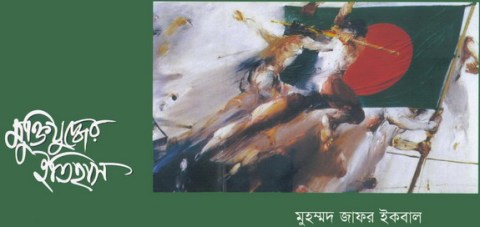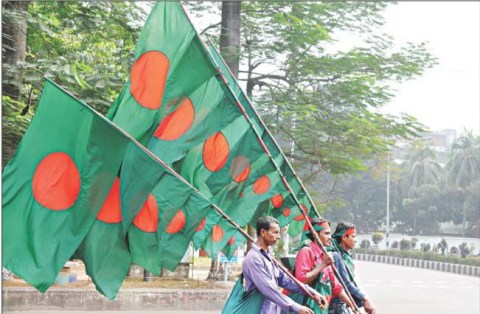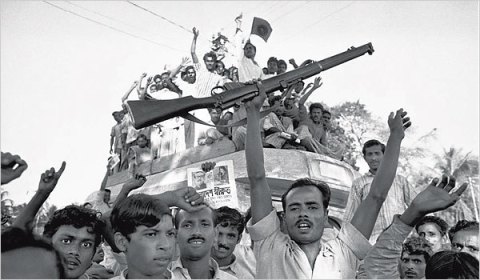14th December 1971, history remorses for the killings of intellectuals of Bangladesh in this day. When the Pakistani Military realized that they were totally unable to defeat Bangladesh in the Liberation war, they tried to crack the psychological strength of freedom fighters by killing numerous intellectuals of Bangladesh. But off course they failed!! I am here to tell the story of one of such bright sons of Bangladesh, who was happened to my relative.
Nizamuddin Ahmed, younger brother of my grand-father, is a martyred intellectuals who was killed on 14th December 1971, just before two days of the Victory of Liberation War. I never saw him actually, but my grandfather never forgot his brother for a single moment in the rest of his life.

Nizamuddin Ahmed was born in Munshiganj in 1929. He was a journalist. He passed B.A (Hons) and M.A in Economics from Dhaka University in 1959. Later he joined Pakistan Press International. He became the editor of PPI in 1969 and was promoted to the rank of general manager.
He was an ardent supporter of the liberation war of Bangladesh. He used to send news items on the atrocities of the Pakistani forces to various foreign news media. He had taken New York Times journalist McBrown to a guerrilla camp to collect authentic news. He provided BBC with authentic news under strict censorship. For this reason he was taken to General Rao Forman Ali’s office on two occasions.
On December 12, 1971, while he was taking his lunch, members of Al-Badr (a branch organization of Razakaar) picked him up from his residence forcefully. At that moment there was none but his mother in the house. That was the last time his mother saw him alive. After the victory of Bangladesh, my grand-father took every possible steps to find out his brother’s body, whether he was dead or alive. But his body was never been found.
We’ve passed 36 victory days but the murderers were went unpunished. Not only Nizamuddin, the Razakaars (now they formed Jamat-e-Islami) killed numerous intellectuals from Bangladesh at 1971. But what our political leaders did with them? Whether it was Awami League or BNP, they just made collaboration with them for the power. And at the present day the Caretaker Government is doing actually nothing to the Jamat-e-Islami for their past misdeed. These beasts are roaming in our country, which costs the blood of 3 million martyrs. Does our politics really think of our country? I don’t know. But one thing is sure that I hate the Razakaars as well as the political parties and the individuals, who have already abandoned their moralities for the wealth and power by supporting the Razakaars.
Can’t we dream of a Bangladesh, which is free from the liberation war opposer? Can’t we do something to make the liberation war’s martyr’s dream true?










